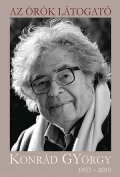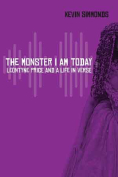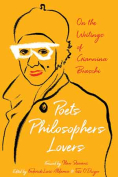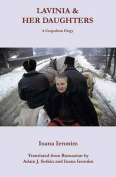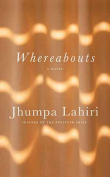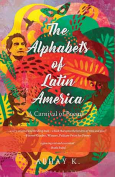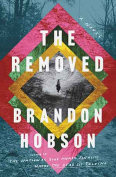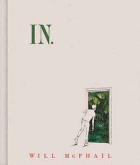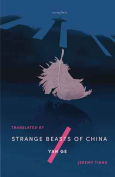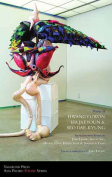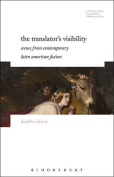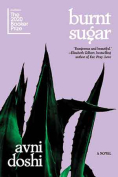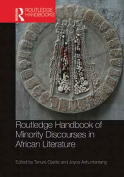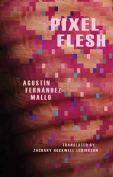A Door Behind a Door by Yelena Moskovich
 Columbus, Ohio. Two Dollar Radio. 2021. 173 pages.
Columbus, Ohio. Two Dollar Radio. 2021. 173 pages.
WITH THIS THIRD offering by Yelena Moskovich, A Door Behind a Door, readers can be assured of Moskovich’s continuity: streamlined minimalist prose we are accustomed to, a return to her 1991 entry into the US as a child from the USSR, and then a surreality to the persons and events that populate a spectral story.
As she has done in the past, the author is a master of mixing the profound with the mundane, all the while delivering little bons mots of wisdom. Grasping at least the bare bones of the plotline of this novel is essential to understanding its unfolding series of themes. Page 1 opens with our protagonist, Olga, as an infant in the former USSR. A violent murder of an elderly neighbor woman by Nikolai, a troubled teen, has just taken place. Soon Olga, her brother Moshe, and their parents immigrate to the US (Milwaukee) in 1991; shortly thereafter Moshe becomes estranged and disappears.
Time passes. Olga grows up and falls in love with a girlfriend. One night out of the blue, Olga gets a mysterious phone call from Nikolai that Moshe has been kidnapped. What follows after this is the collapsing of dominoes that then comprise the novel. The calm monotony of Olga’s domestic life disintegrates as she travels further and further down the rabbit hole of Nikolai’s underground Russian mafia. She gets arrested for a murder she did not commit, suffers through a violent stint in jail, and then dissolves into dissociation. From that point, Moskovich brings in a smorgasbord of characters, and we are treated to the disturbed insides of their psyches too.
A number of problematic questions arise as the story moves along. We become privy to some abusive details from Nikolai’s childhood, which begs the question: does violence beget violence? Also, the author brings in several nods to Dostoevsky’s Crime and Punishment, in that the murders of the two elderly women are remarkably similar.
Loss is another emphasized motif. Sally, a character in the latter part of the story, asks readers: “What is it that the Greeks tried to teach us: Loss may be our only fortune.” What Moskovich tries to slip into the mix as well is that Europeans in general are more accustomed to grief and loss than Americans and know how to chin up and soldier onward.
There is a lot of spirituality and wisdom in these pages. It is pure Moskovich. Interspersed throughout all the psychic activity are things like otherworldly visits from a long-dead little boy and the murdered elderly woman. Olga gets treated to these apparitions as she descends into madness looking for Moshe. We surmise correctly that psychic pain can indeed lead to disintegration.
There is so much more to say about this story, but this summation will conclude as open-ended as the novel’s ending: no bow tie conclusion here. It tempts one to go back for an immediate reread.
Virginia Parobek
Cleveland

